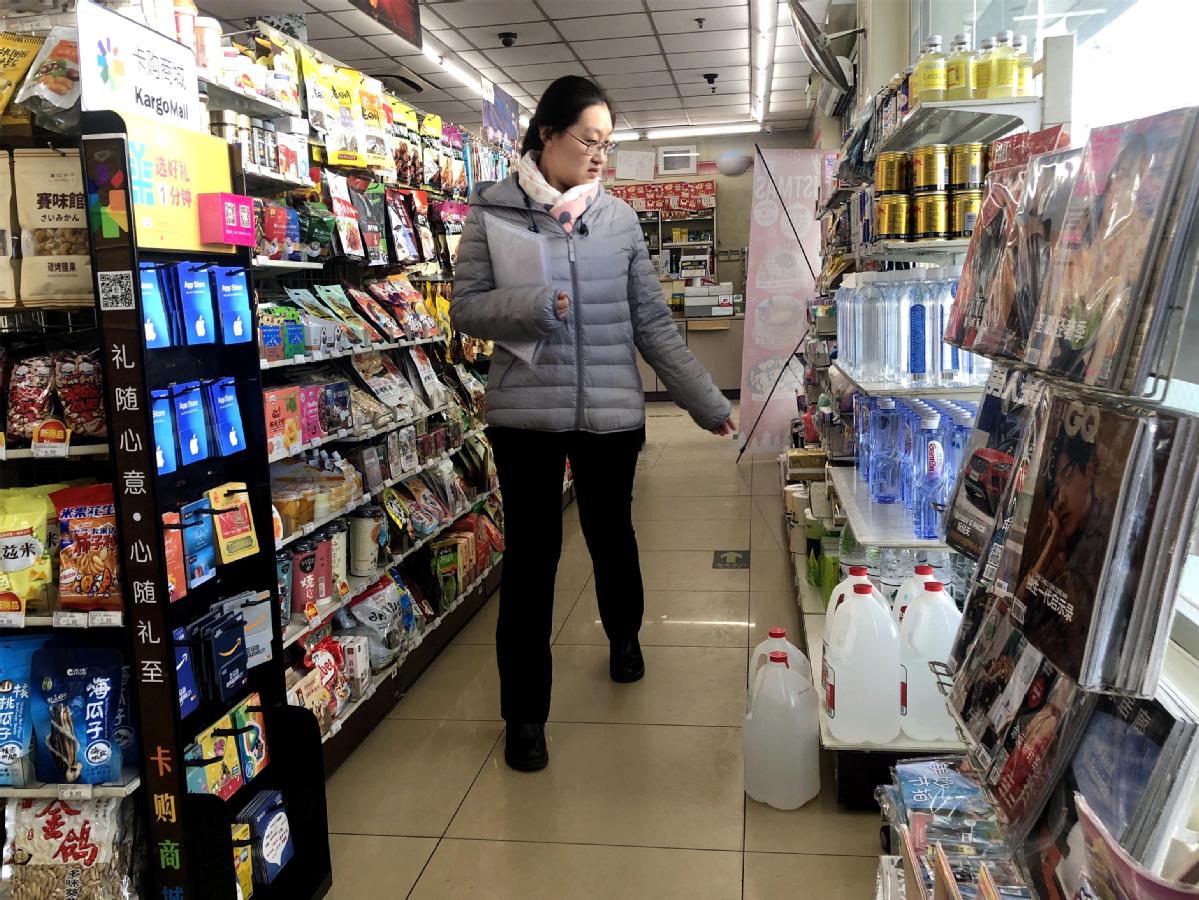Newsstands face battle amid changing times


The commission - and many people in Beijing - wants the streets to be wider and cleaner. With this in mind, it introduced a regulation in summer last year banning all 352 newsstands in the downtown districts of Dongcheng and Xicheng from selling food and drinks. Three stands were closed for selling food illegally.
Since then, many stands in the two districts have closed because most of their business came from food and drinks, while sales of newspapers and magazines were highly unprofitable.
There are 1,186 newsstands in the city, of which 306 - that are not in the two districts - are licensed to sell food and drinks.
The closure of stands has attracted public attention, with many people, especially the elderly, strongly opposed to administrative intervention, as they have happy memories of visiting them.
Some people raised the idea of introducing newspaper vending machines, which are clean and convenient, but China Post Group is unwilling to pay for them as it believes they would be too costly to set up and they would not make a profit, according to an industry insider who declined to be named.
The official with the commission said: "The new policy has considered all aspects, and attempts to solve problems. We put the public interest first. The city will not keep a newsstand running for just a few people. Also, we won't remove a stand that has a good turnover. It all depends on the market and needs."
Generally, newsstands will be closer to their customers after they are moved to residential communities or become part of convenience stores. The government will make those that remain more attractive, the official said.
Newsstands may be facing pressures now, but they have had their good days.
Yang Na, who is in her 50s and comes from Hebei province, started running a stand in Beijing in 1998. In 2002, she bought her first apartment in the capital for 400,000 yuan - money she made from selling newspapers and magazines.
Before the internet became widely available, and with Beijing being the country's cultural and political center, most people liked to get their news from newspapers and television bulletins.
In 1997, the Beijing municipal government made setting up newsstands a city-level project and approved 75 stands that year.


















